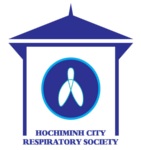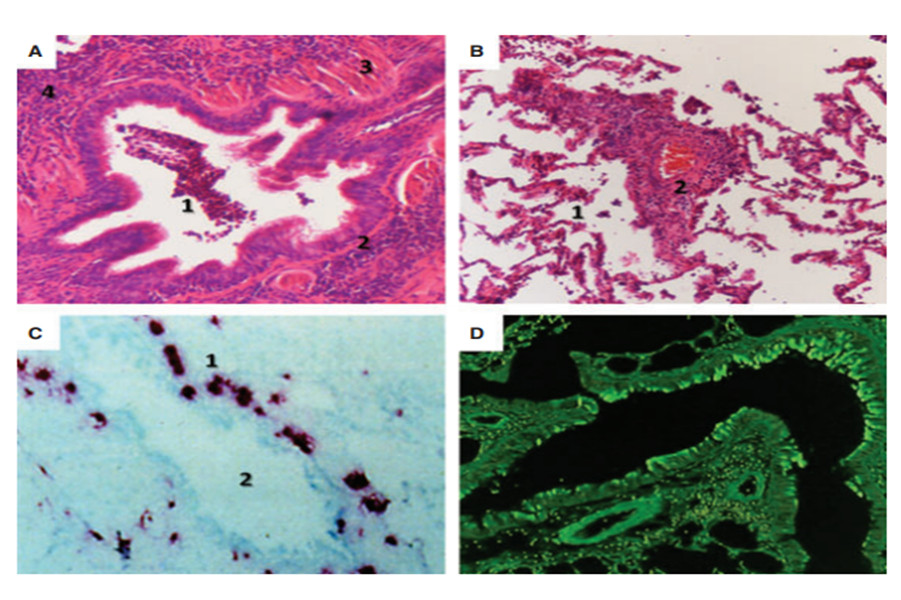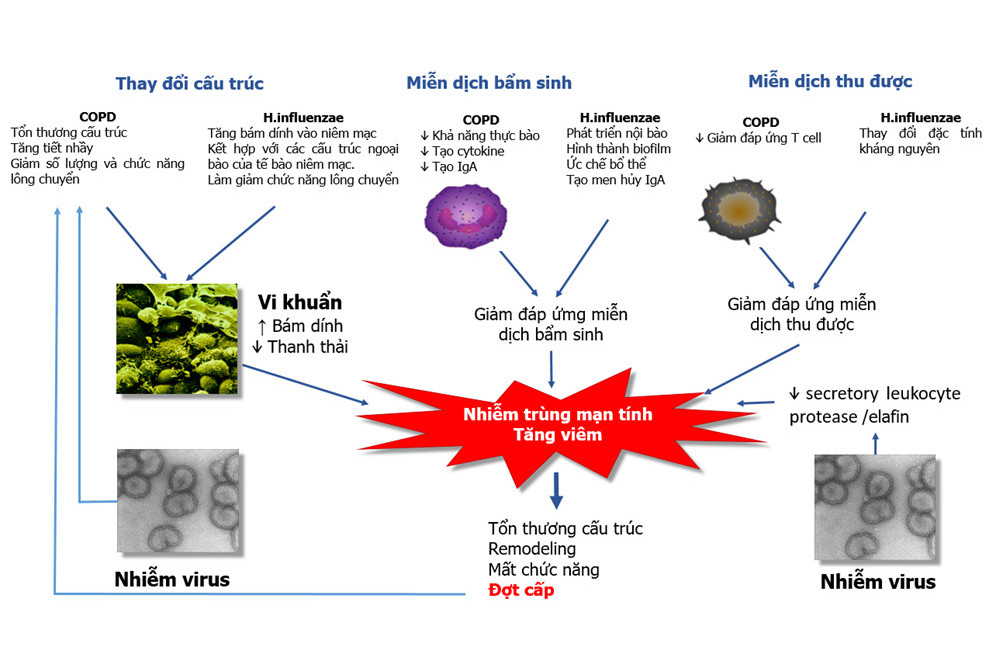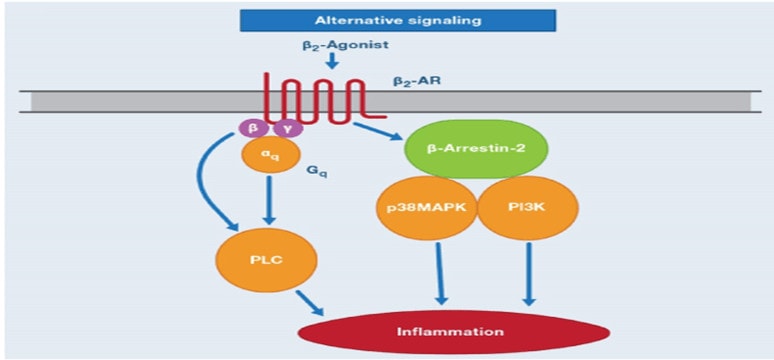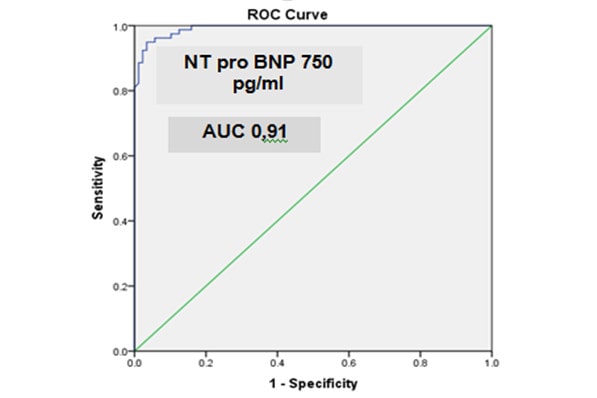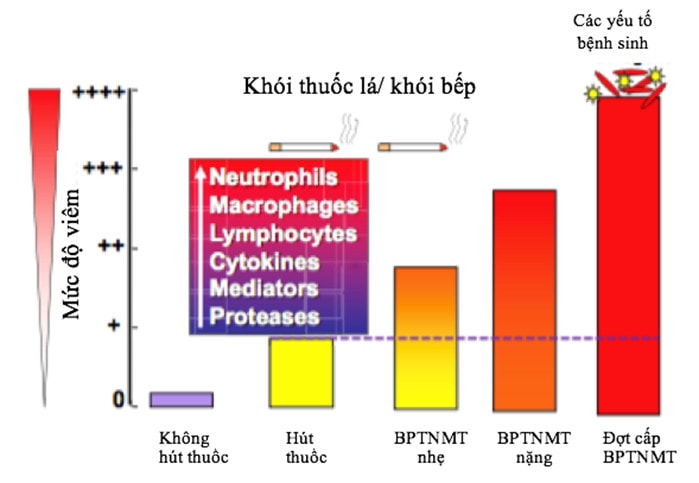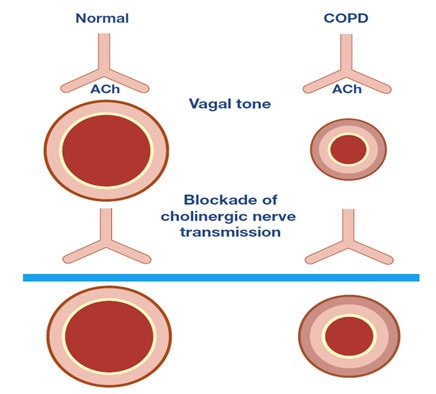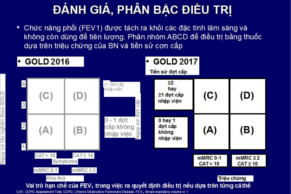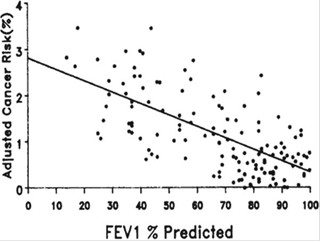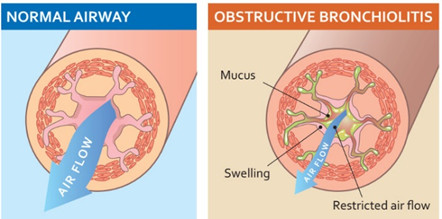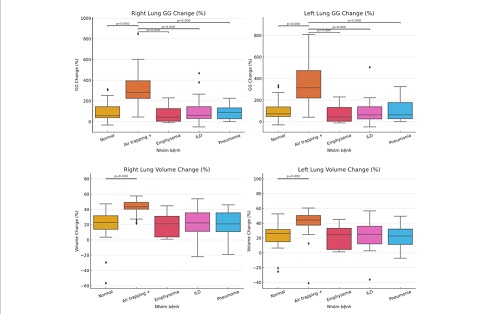- Chi tiết
-
Được đăng: 04 Tháng 3 2016
Objective Early detection of chronic obstructive pulmonary disease (COPD) is critical for preventing progression; however, the disease is rarely detected in the early stages. One reason for this is that COPD is not generally recognized and diagnosed by general practitioners (GPs). The objective of this study was to observe changes in the knowledge and behavior of GPs regarding the diagnosis and treatment of COPD over a five-year period.
Methods The surveys were performed using identical and anonymous questionnaires in 2005, 2006 and 2010. During this period, various educational campaigns were conducted.
Materials All members of the Shiga Medical Association working as GPs in Shiga Prefecture.
Results The number of questionnaires collected was 216 of 711, 269 of 731 and 326 of 856, respectively. Throughout the study period, the number of doctors who prescribed inhaled long-acting muscarinic antagonists (LAMAs) significantly increased (p<0.001). However, there were no significant changes in the rate of possession of spirometers or recognition of COPD guidelines. When we focused on the data for internists, the rate of recognition of the guidelines increased significantly (p<0.01), despite a lack of change in the rate of possession of spirometers. Furthermore, the results of the multivariate analysis revealed that increased knowledge concerning COPD was associated with the doctor’s specialty, ownership of a spirometer, number of COPD patients attending their clinic and their level of recognition of the guidelines.
Conclusion During the study period, the GPs prescribed more inhaled LAMAs. The rate of recognition of COPD guidelines was also increased among internists. Educational campaigns may be more effective if the backgrounds of the GPs are taken into consideration.

